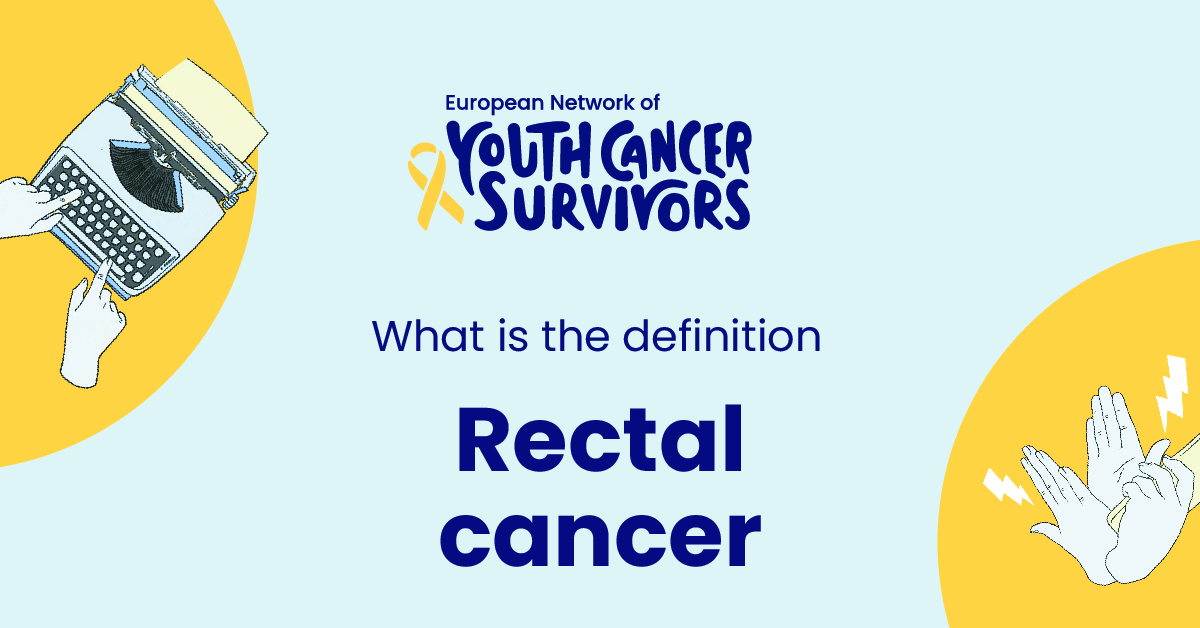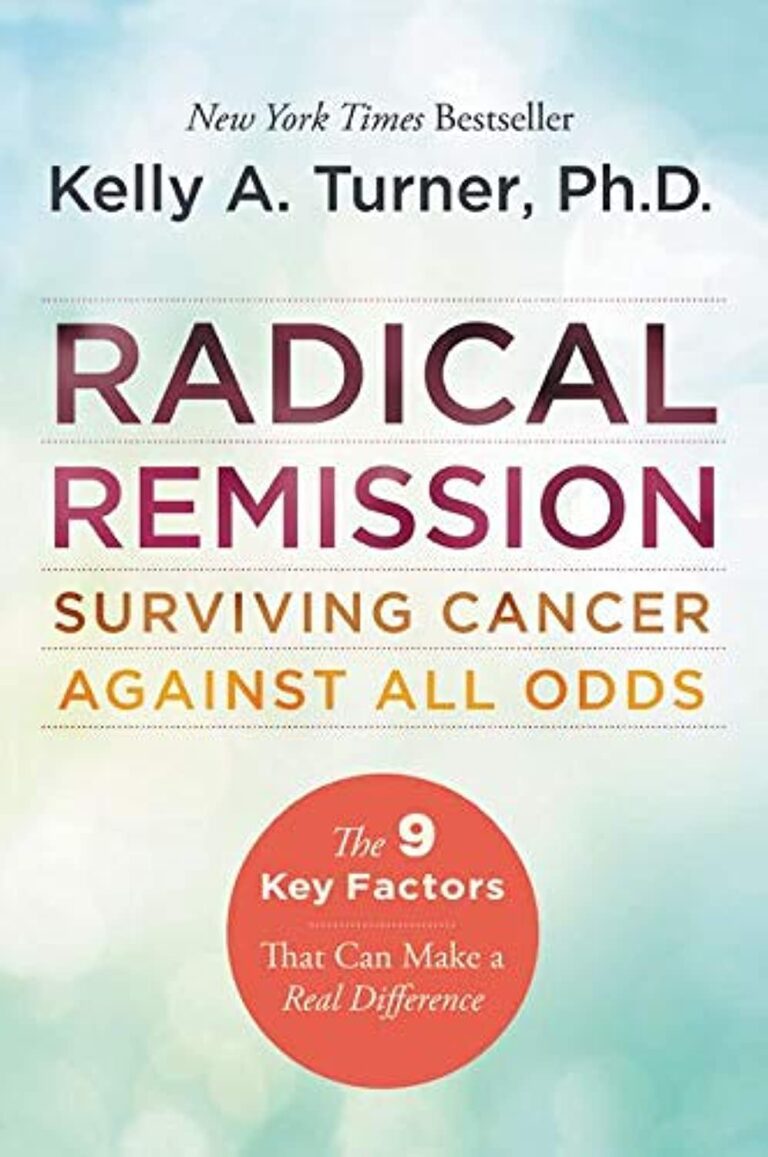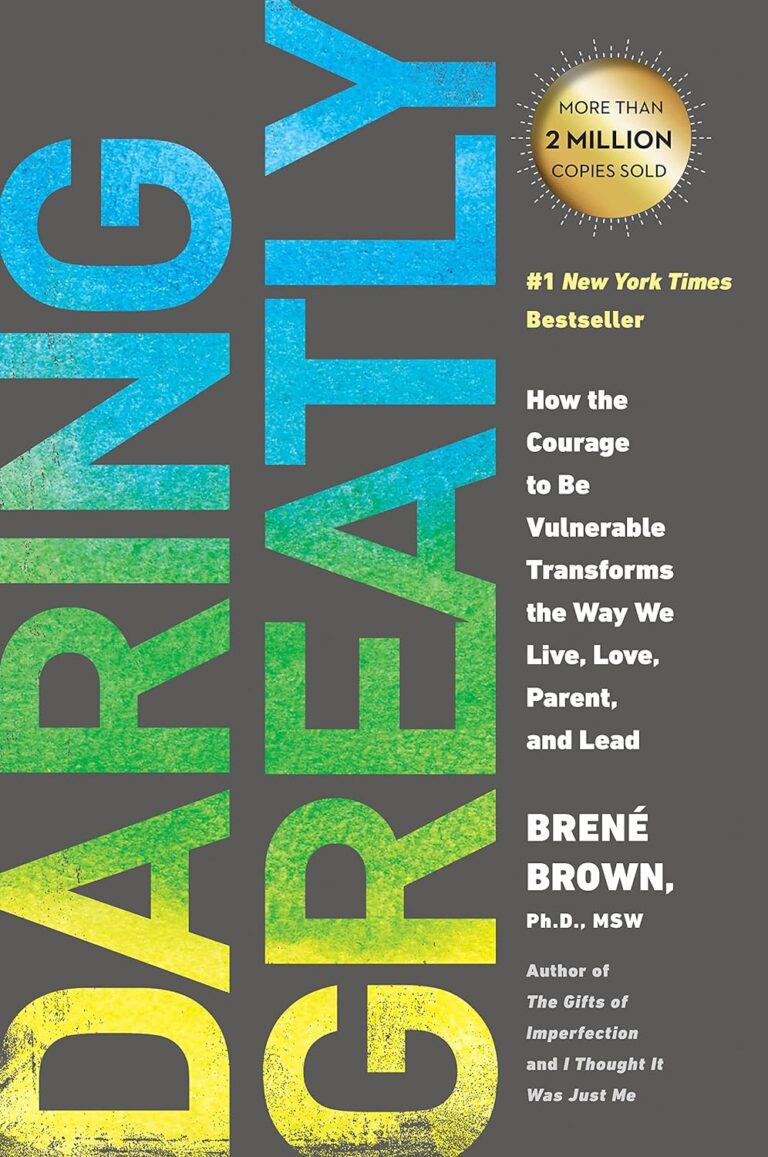
Rectal cancer is an increasingly prevalent disease that, while serious and life-altering, can be overcome through early diagnosis, advanced treatment options, and supportive care. This comprehensive overview aims to provide in-depth knowledge about rectal cancer, its understanding, causes and risk factors, symptoms, diagnosis, treatment options, and living with the condition.
Understanding Rectal Cancer
Definition and Explanation of Rectal Cancer
Rectal cancer is a type of malignancy that forms in the tissues of the rectum, the last several inches of the large intestine prior to the anus. It belongs to a grouping of diseases known as colorectal cancers, which are the third most common cancer type diagnosed worldwide.
The Anatomical Relationship between the Rectum and Cancer
The rectum plays a critical part in digestion, storing waste until it leaves the body. Since its lining contains glands that produce mucus, it is susceptible to the growth of cancer cells. The early stages of rectal cancer often start as polyps, which, over time, can transform into cancer.
Understanding the Rectal Cancer Terminology
In understanding rectal cancer, certain terminologies need to be understood. Adenomas, for example, are a type of polyp that increases the risk of rectal cancer. Dysplasia refers to cells that show early signs of precancerous changes, while in situ cancers are those confined to the innermost lining of the rectum.
Causes and Risk Factors of Rectal Cancer
Discussion on Known Causes
The exact cause of rectal cancer remains unknown; however, it likely involves changes or mutations in the DNA of rectal cells. Such changes can cause cells to continue dividing even when new cells aren’t required. These cells accumulate into a tumor and may subsequently invade adjacent structures or spread to other parts of the body.
Analysis of Risk Factors
Age, diet, excess body weight, family history of colorectal cancers, personal history of inflammatory bowel disease, and certain inherited syndromes like Lynch syndrome are notable risk factors for rectal cancer.
Genetic Involvement in Rectal Cancer
Certain hereditary disorders, such as familial adenomatous polyposis (FAP) and Lynch syndrome, significantly increase a person’s risk of contracting rectal cancer, suggesting a strong genetic component in its development.
Get to know us better
If you are reading this, you are in the right place – we do not care who you are and what you do, press the button and follow discussions live

Symptoms and Diagnosis of Rectal Cancer
List of Common Symptoms
Common signs include changes in bowel habits, rectal bleeding, persistent abdominal discomfort, weakness or fatigue, unexplained weight loss, and the feeling that the bowel doesn’t empty completely.
Explanation of Diagnostic Procedures
Screenings for rectal cancer typically involve colonoscopy and biopsy. Other diagnostic tests may include a blood test, digital rectal exam, endorectal ultrasound, and imaging tests such as CT scans and MRI.
Treatment Options for Rectal Cancer
Describing the Standard Treatment Approaches
Standard treatments often involve surgery, radiation therapy, and chemotherapy. The type of treatment depends upon the cancer stage, the patient’s overall health, and personal preferences.
Insights into the Emerging Treatments and Clinical Trials
New and more efficient treatments are under constant research and development. Immunotherapy, targeted therapy, and ongoing clinical trials offer hope in advancing the overall medical landscape concerning rectal cancer treatment.
Living with Rectal Cancer: Management and Support
Life After Diagnosis: Coping Mechanisms and Support
Coping with a diagnosis of rectal cancer involves emotional, physical, and social challenges. Support can be found through counseling, joining support groups, staying physically active, maintaining a healthy diet, and keeping up with regular screenings and doctor visits.
Lifestyle Adjustments to Aid Treatment and Recovery
Lifestyle changes, such as quitting smoking, limiting alcohol, exercising regularly, and eating a diet rich in fruits, vegetables, and whole grains, can aid treatment and increase the chances of recovery.
Conclusion
Rectal cancer, while an often daunting diagnosis, can be effectively managed through early detection, advanced treatments, and supportive care. Individuals should prioritize regular screenings, maintain a healthy lifestyle, and forge a strong support network to combat the disease.
FAQs
- What are the early signs of Rectal Cancer?
Early signs include changes in bowel habits, rectal bleeding, and persistent abdominal discomfort.
- How is Rectal Cancer Diagnosed?
Rectal cancer is diagnosed through a series of procedures such as colonoscopy, biopsy, blood tests, and imaging tests.
- What are the treatment options for Rectal Cancer?
Treatment options comprise surgery, radiation therapy, and chemotherapy. Other emerging treatments include targeted therapy and immunotherapy.
- Can lifestyle changes lower the risk of developing Rectal Cancer?
Yes, lifestyle changes like regular exercise, a healthy diet, and abstaining from smoking can lower the risk of developing rectal cancer.
- What resources are available for Rectal Cancer patients and caregivers?
There are numerous resources including community support groups, online forums, nonprofit organizations like the American Cancer Society, and professional counseling services.

















Comments
Thank you. Comment sent for approval.
Something is wrong, try again later